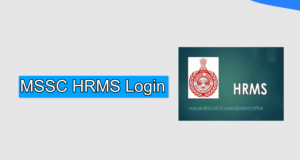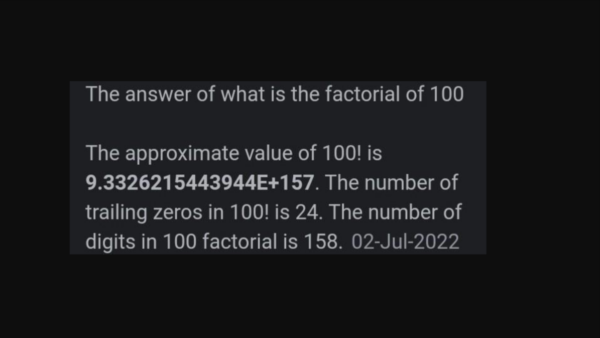UCAS is an acronym that stands for the Universities and Colleges Admission Service. UCAS operates the application procedures for universities in Britain. To begin the process, you need to complete a UCAS application form on the UCAS website. It is important to submit the application early, especially if you want to attend a top university. Indeed, knowing the deadlines for application is essential. Otherwise, you can jeopardise your academic future.
During the period of March through September, you need to make your university and course selections. Make the most of school or college holidays to visit universities. Applications can be completed and sent to UCAS from the first week in September (from around 6 September).
Important Deadlines
If you plan to attend Oxford or Cambridge, the application submission deadline usually falls around 15 October. This deadline also stands for applications to university programmes that cover medicine, veterinary science, or dentistry. The deadline for other applications is 15 January, except for some courses centred on art or design. The deadline for these courses is 24 March. Always check with the school to ascertain the deadline.
Most schools and colleges, as noted, want students to apply well before the deadline of 15 January if possible. Submitting an application early allows a school to check personal statements or include references for review.
Before submitting an application, make sure that you have it completely and accurately filled out. If your address changes, make contact with UCAS immediately. This pertains to your email address and phone number too.
Include the Exams You Plan to Take
To make sure that the UCAS clearing process goes smoothly, you need to detail the exams that you will be taking. For example, include the full title for the course so your application can be matched easily with your exam results. Otherwise, the processing of your application could be delayed.
You also want to list the full details of a (Business and Technology Education Council) BTEC award to prevent confusion over the subjects that you have taken. If you are taking an exam in another country, state precisely your participation and allow the university to determine the equivalence.
Be Honest
Always strive for honesty on your application. Do not try to massage the results. UCAS is set up to spot any rogue entries. Students who are found to provide incomplete or misleading information will be immediately removed from UCAS and lose any opportunity for university placement for the year.
When supplying a personal statement, explain why you want to study a chosen subject. Also include the qualities and background you are bringing to a course. Include any details about volunteer activities or work experience that are pertinent. You also want to list extracurricular accomplishments. In addition, include any info about placements or sponsorships to which you have applied or have secured.







